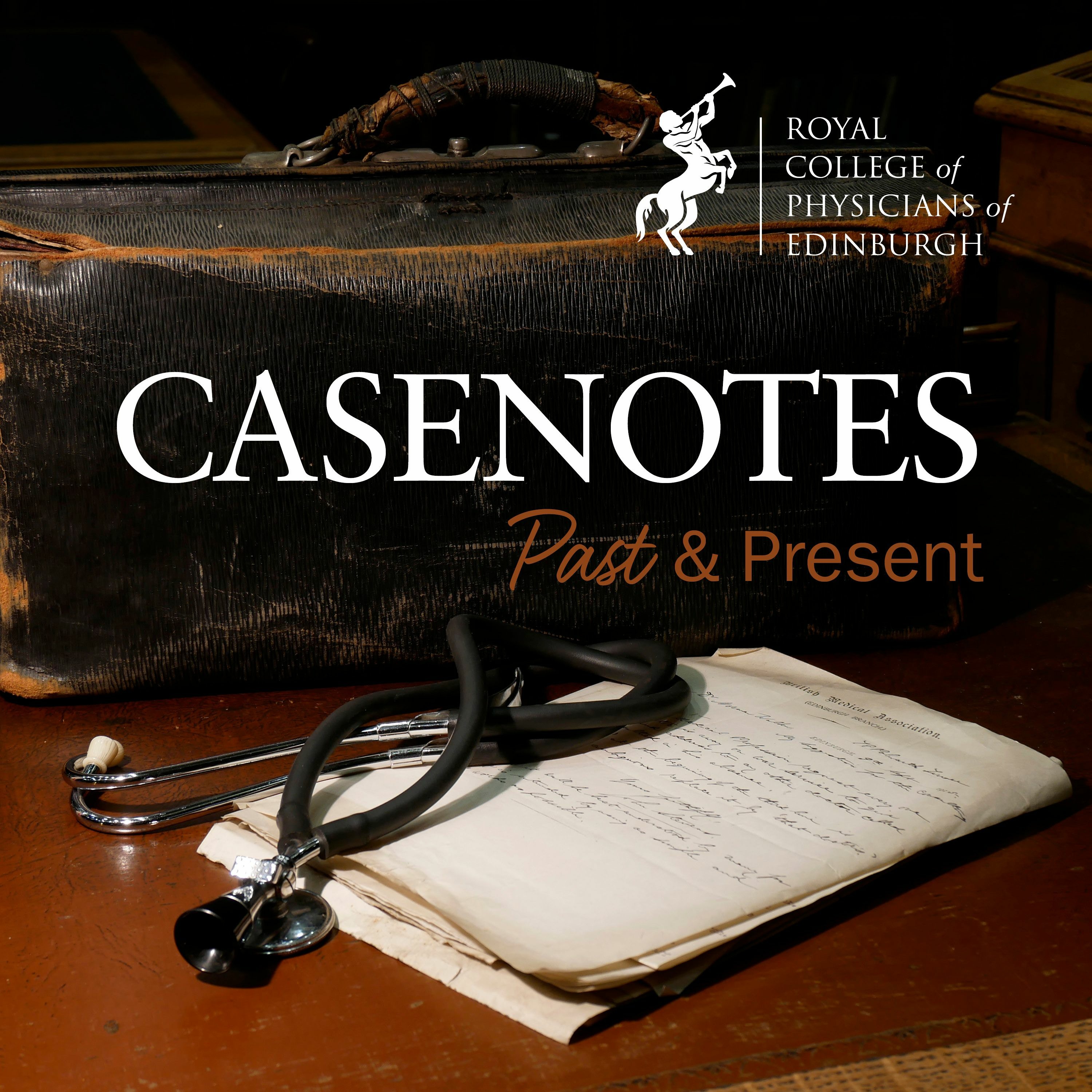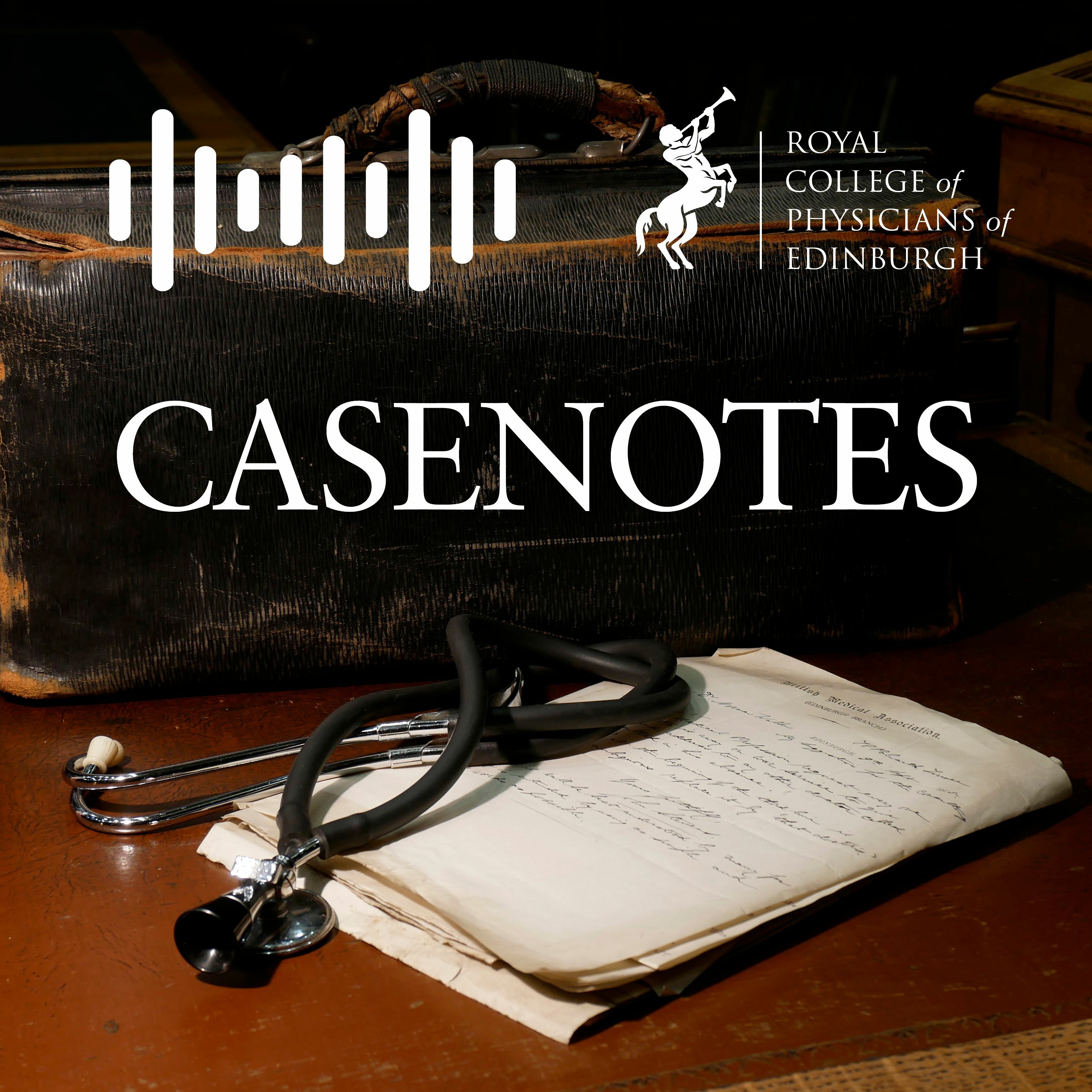Ep.47 - Anna Maerker - Gendering Artificial Anatomies: Practices and Materials
Explores two aspects of gendering in the production and deployment of, not only the Auzoux papier-mâché anatomical models, but other contemporaneous artificial anatomies also.
Since the early modern period, artists and anatomists have worked towards perfection; the perfection of anatomical models in three dimensions. But how did they achieve the sophisticated results that survive to this day?
Whilst early models in wax were celebrated for their lifelike appearance, such models were fragile and did not allow for the hands-on interaction increasingly called for by medical educators. The nineteenth century saw a solution to this problem, with the development of a type of papier-mâché by the French doctor Louis Thomas Jérôme Auzoux. Around 1820, Auzoux began to develop life-sized human models using a paper-based mixture. The models were sufficiently robust to be taken apart and reassembled; they were produced in series using moulds, and exported globally.
This talk explores two aspects of gendering in the production and deployment of, not only the Auzoux models, but other contemporaneous artificial anatomies also.
Speaker: Dr Anna Maerker (King’s College London)
Website
RCPE Gallery & Library Website
Social media
RCPE Gallery & Library Bluesky
RCPE Gallery & Library Facebook
RCPE Gallery & Library Instagram
RCPE Gallery & Library X/Twitter
RCPE Gallery & Library YouTube
Newsletter
RCPE Gallery & Library Newsletter
Donate














